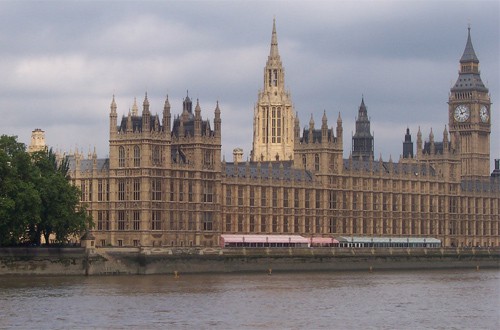
Failure by the UK government to reveal details of its new value-based drug pricing (VBP) regime is having a detrimental impact on the pharma industry, patient groups and clinicians, according to MPs.
The House of Commons Health Committee says in a new report that the scheme to link the price of medicines more closely to their value to the NHS – first unveiled by former health secretary Andrew Lansley in 2010 – is still sketchy more than two years later.
“It is unacceptable that the arrangements for VBP have still not been settled and that those who will have to work with those arrangements are still unclear about what [it] will mean in practice,” said the report, which calls for decisions to be made and disseminated by March.
The system is due to come into effect in January 2014, but the Committee notes that it is expected only to apply initially to new medicines given the workload required to carry out appraisals, so the majority of drugs on the UK market will continue to be priced in accordance with the current Pharmaceutical Price Regulation System (PPRS).
Amid the uncertainty – and with the deadline now fast approaching – industry has been pushing for any changes to be incorporated within the PPRS.
VBP dominates the Committee’s report, which was prompted by an expansion of the responsibilities of the National Institute for Health and Clinical Excellence (NICE) to include social care from April 2013, when it will be renamed the National Institute for Health and Care Excellence.
“What we were told during our inquiry indicates that the move to value-based pricing of drugs will be a more modest change than has been suggested, but there is a lack of clarity around the whole issue which has persisted for too long,” said Committee chair Stephen Dorrell.
Cancer drugs fund impact
A knock-on effect of the new system is that the cancer drugs fund – which was set up in 2011 to help provide cancer treatments to patients which are not approved by NICE – is due to come to an end when VBP comes into effect next year
The Committee said there should be continuity of care for patients before the fund ceases to operate.
This echoes previous comments from Roche, which has raised concerns that patients may no longer have access to several its cancer drugs, such as Avastin and MabThera, both of which are among the most requested drugs as part of the fund.
The Committee also said the programme should also be assessed to gauge its impact, and if benefits are seen, then this information should be used in the development of the VBP scheme.
Other recommendations made by the Committee in the report include the drawing up of a new code of practice for the pharmaceutical industry that would include an “obligation to make public all data about drugs which are in current clinical use once they have been through an appropriate peer review process”.




